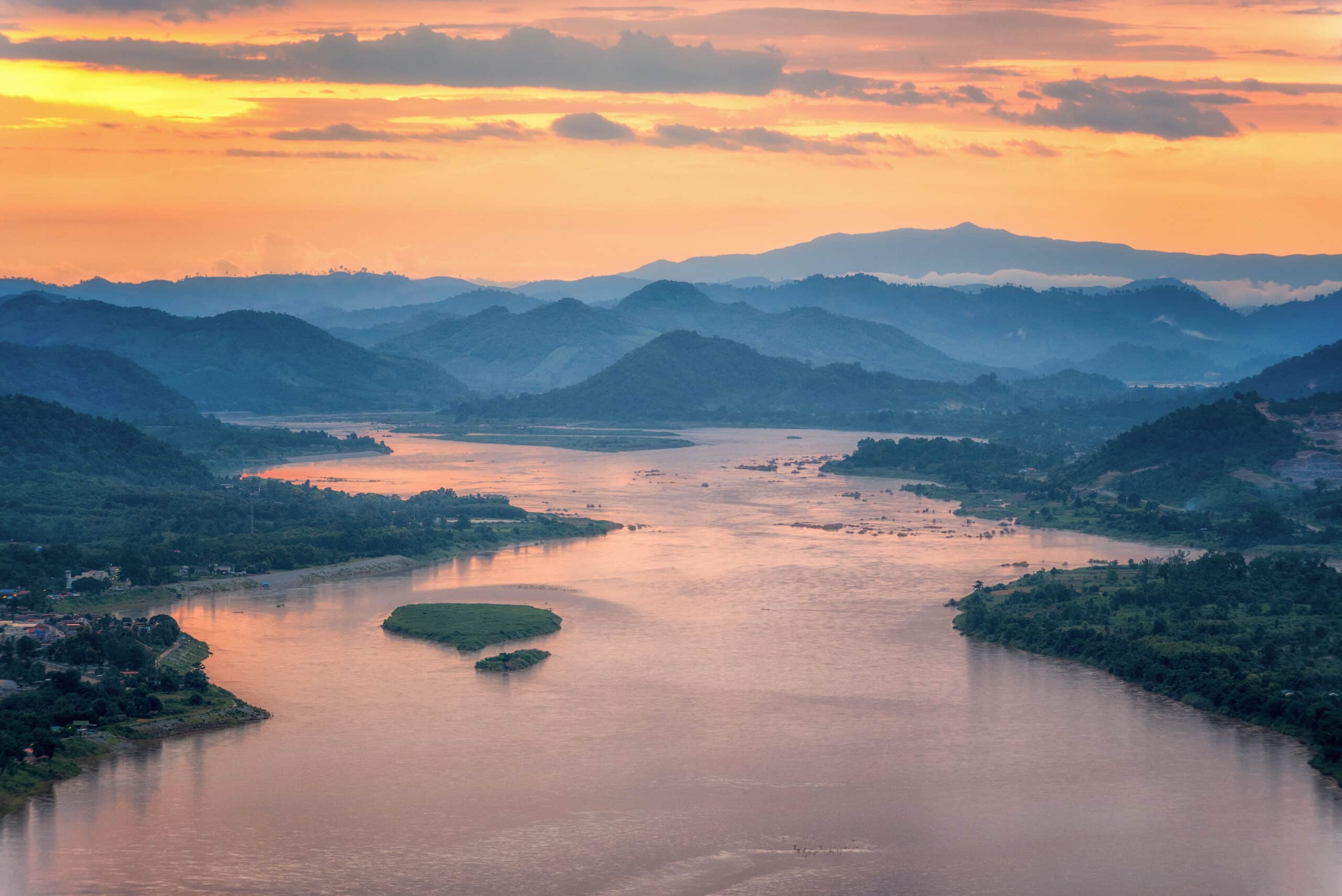Guest post: Pam Haigh, Ripple Africa.
Lake Malawi is the ninth largest lake in the world and covers 20% of Malawi’s land area. It is home to approximately 1,000 fish species making it one of the world’s most biodiverse freshwater ecosystems. Approximately 90% of the fish species in Lake Malawi are endemic, meaning they are found nowhere else on Earth. This makes the lake a globally significant hotspot for evolutionary biology and conservation.
So what is the problem?
Malawi needs to feed its growing population, and fishing supports the livelihoods of over two million people, particularly in rural areas. Over 500,000 people are directly involved in fishing and fish processing and many more people are employed in related activities, such as selling nets, building boats and fish trading.
In recent years the rapid rate of population growth and increased numbers of migratory fishers has meant that more and more fishers have been catching significantly fewer fish. To try and increase their catch, fishers began using longer nets with smaller mesh sizes, mostly made from malaria nets, catching fish before they were fully grown and able to breed. Three of the four species of the popular Chambo fish, (Oreochromis sp) are now classified as Critically Endangered on the IUCN Red List and many other species are endangered and vulnerable. The problem has been exacerbated by lack of government funding and political will to enforce fishing regulations.

Is there a solution?
Ripple Africa is a UK based NGO and we started a fish conservation project in 2011, building on our experience of running community-led projects in Malawi since 2003. Called Fish for Tomorrow, this simple approach to fish conservation is now operating in five of the seven lakeshore districts in Malawi, significantly increasing fish stocks and improving the diets and livelihoods of those who depend on fish.
Previously, fishing communities had little understanding of the impact that unsustainable fishing was having on biodiversity, food security and livelihoods. The project educates all key stakeholders using simple training materials, improves communication between them and helps them to agree a common approach to sustainable fishing. Local communities are fully empowered to manage their fisheries resources to conserve fish stocks and improve food security. They are supported by Ripple Africa staff, District governance structures – including District Fisheries, Police and Judiciary – and local leaders.
The project also builds the capacity of District Fisheries Departments to support community-led fish conservation. Long-standing barriers between District Fisheries and fishing communities are being broken down, enabling them to work in partnership to conserve fish stocks in the lake.

What has the project achieved so far?
Districts have developed Fisheries Management Plans which then enable simple bylaws to be introduced. These bylaws are communicated to all communities through low cost meetings, community events and local media. The messages given include:
- No fishing with mosquito nets, drag nets, monofilament nets or other illegal fishing gear
- Key breeding and nursery sanctuaries must be actively protected
- No fishing with gill nets in the closed breeding season
- Only fishers holding a local permit are allowed to fish in each area
- No fishing with trawlers unless licensed
- Restrictions on the use of small-meshed nets
Beach Village Committees – established in each chief’s area of the districts where the project is operating – have been fully empowered to enforce these fishing bylaws and are supported by Ripple Africa and District Fisheries staff to do so. Committee members are all volunteers and membership includes both fishers and non-fishers to reflect the whole community, as all community members benefit from the project. Women are encouraged to actively participate – we generally aim for 30% of Beach Village Committee members to be women to reflect their key role in fish processing and selling.
The same approach is being used by us to protect the cichlid fish population in the Lake Malawi National Park area (a World Heritage Site) in partnership with UNESCO.

To date:
- We have established and trained 474 Beach Village Committees. Most of these committees have 11 members and the project is therefore directly working with over 5,000 volunteers from fishing communities.
- 133 key Chambo fish breeding areas and 10 key Cichlid breeding areas are now being actively protected.
- Illegal fishing gears, including monofilament nets and drag nets, are being confiscated by Beach Village Committees and fishers are fined and, in some cases, imprisoned if they continue to use these.
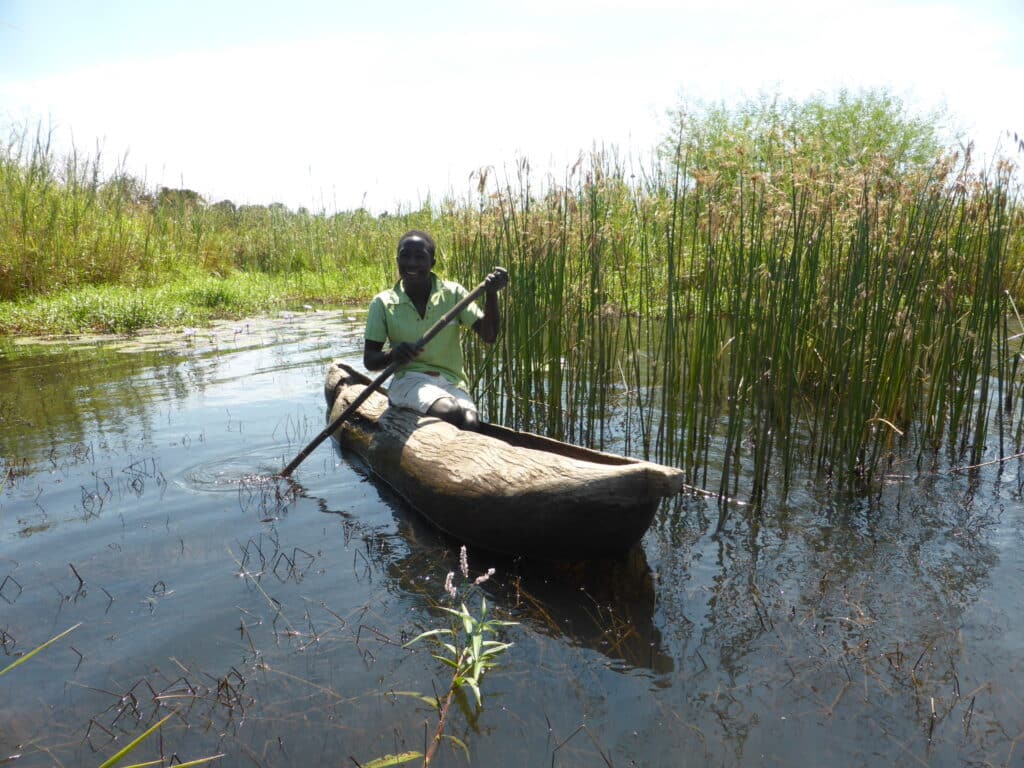
What about the future?
The project involves changing people’s habits and values from a destructive ‘live for today’ attitude to a more sustainable approach which is owned, understood, and applied by local fishing communities. At Ripple Africa we have proved that this can be achieved but it takes many years of support, training and monitoring to achieve this behaviour change. Without continued efforts, there is a danger that fishers will once again revert to using illegal fishing gear and catching immature fish, thereby depleting fish stocks even further.
So, will there be fish for tomorrow in Lake Malawi? Hopefully the answer is yes– as long as we can continue to support this vitally important project. Long-term funding is needed to make that happen and we are looking for committed donors who want to help us preserve Lake Malawi’s biodiversity and ensure that food security is protected in a country already suffering the impact of climate change on crops. If you know of any donors who might be keen to help, please contact us at info@rippleafrica.org. We would be very happy to talk!
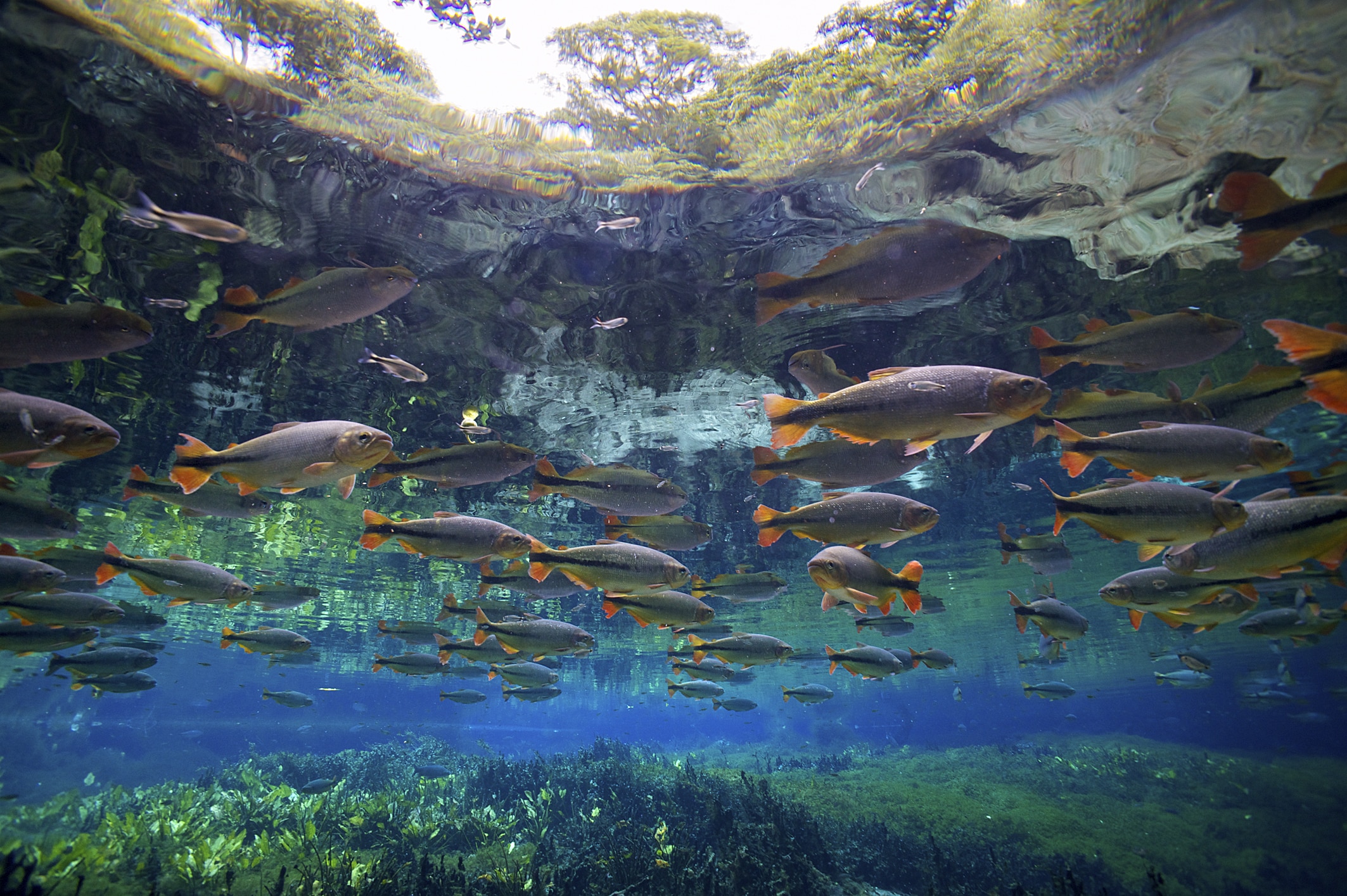
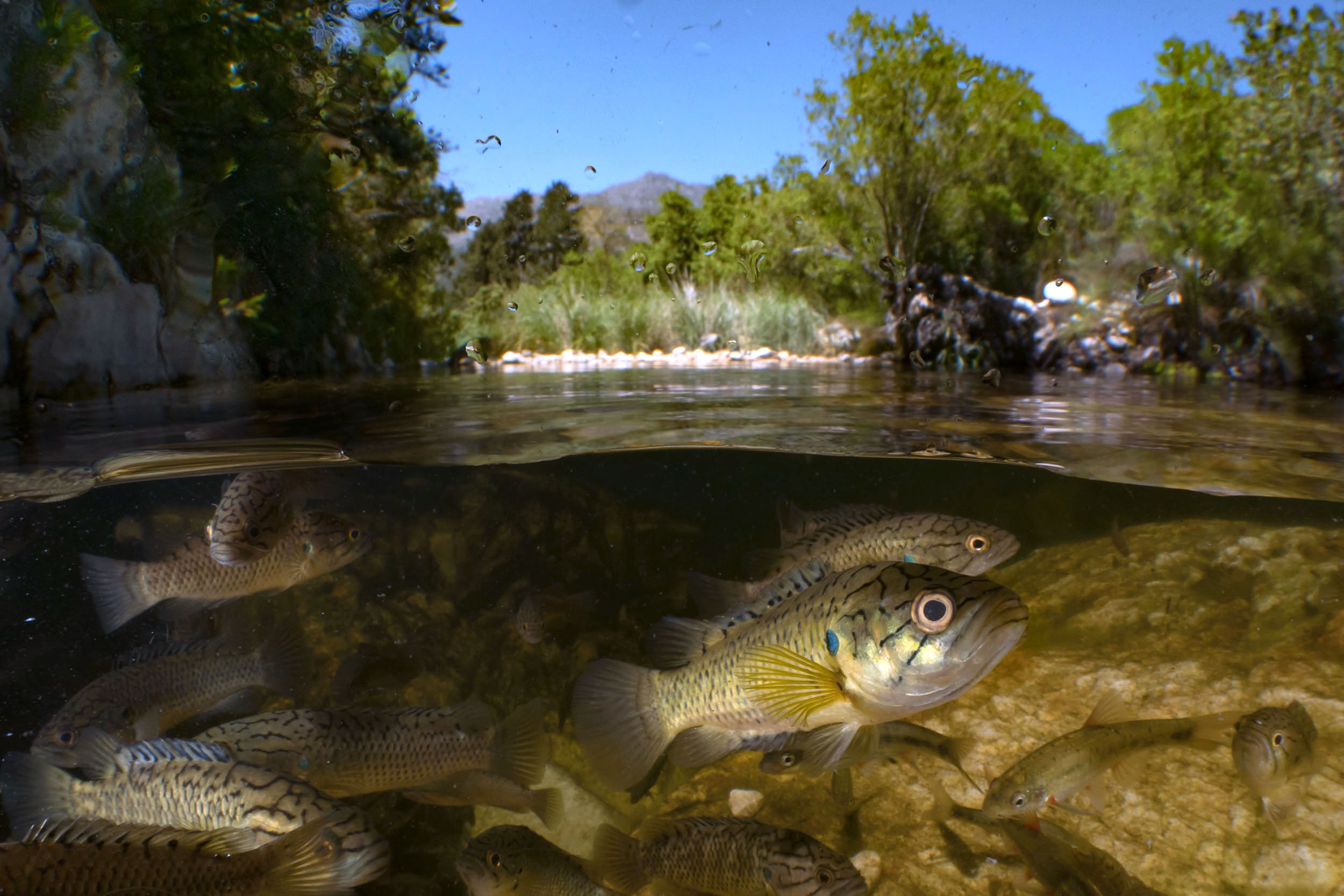
)
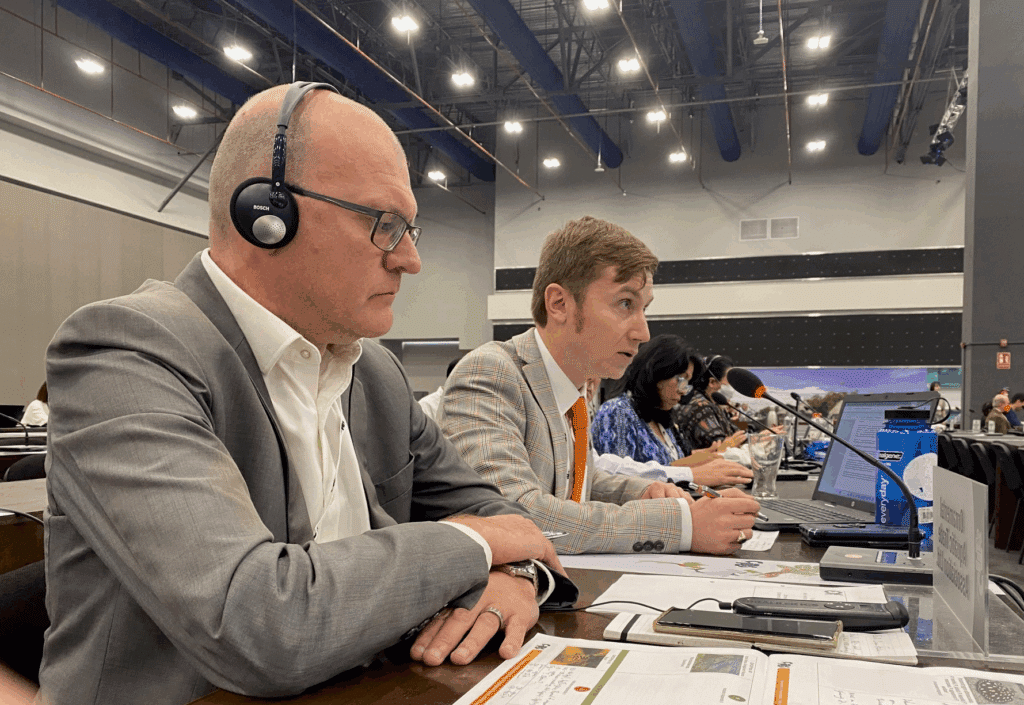)
)
